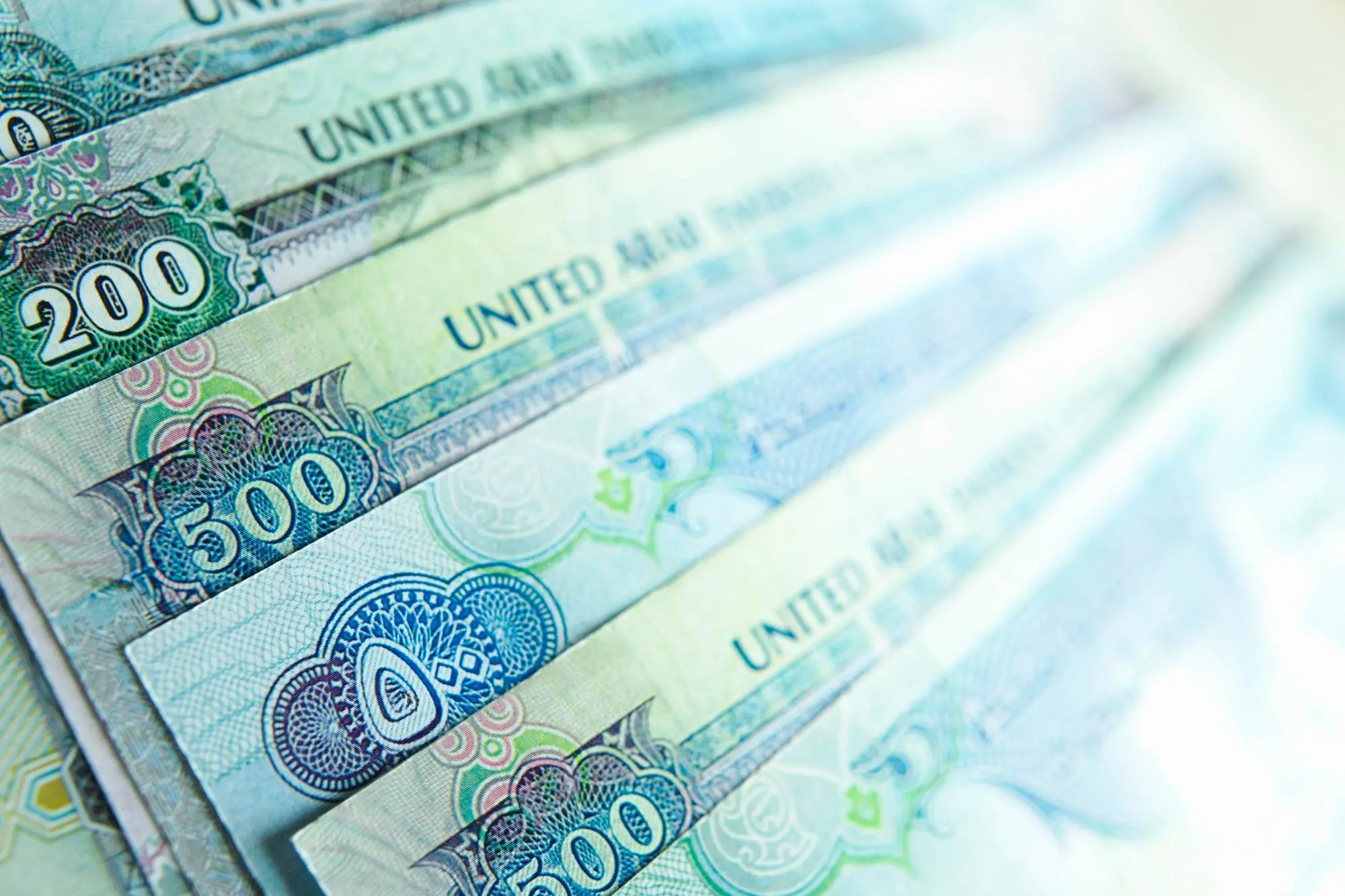PHOTO
The UAE central bank’s additional measures to foster the economy will support the banks' liquidity and limit their likely material asset quality deterioration, but will increase potential for problem loan formation, Moody's said on Tuesday.
The central bank on Sunday announced a new stimulus package to support the economy during the coronavirus pandemic. The package increased the size of its Targeted Economic Support Scheme to AED256 billion ($70 billion, or around 17 percent of the country's GDP) from 100 billion dirhams.
The additional measures include a relaxation of a liquidity buffer requirement that will release $26 billion in liquidity; a cash reserve requirement reduction that will inject $17 billion of liquidity; and the introduction of transitional arrangements for the accounting of expected credit losses.
The $70 billion scheme now equals 16 percent of UAE banks’ domestic credit and 8 percent of their total assets as of February 2020.
Mik Kabeya, AVP Analyst at Moody's said: "Relaxing liquidity buffers will, over the next few months, support banks' liquidity and ease potential funding challenges, and if it results in increased lending to liquidity-constrained borrowers, will limit banks' asset quality deterioration."
"However, relaxing the liquidity buffer requirement and cash reserve requirement is likely to be unfavorable towards banks' unsecured creditors because it risks weakening the banks' resilience and reducing the likelihood of early regulatory intervention," he added.
Introducing transitional arrangements for the accounting of expected credit losses at banks will delay banks’ creation of provisioning buffers to absorb potential future credit losses, a credit negative, the rating agency said.
The transitional arrangements give banks greater flexibility to support borrowers facing temporary liquidity issues, Moody's said.
"Substantial ongoing restructuring of corporate debt will limit reported problem loans, but will increase potential problem-loan formation," the ratings agency said, adding, “UAE banks benefited from sizable solvency buffers including strong capital and healthy problem-loan coverage.” The central bank requires banks to disclose the effect of the application of the transitional arrangement in their financial statements and Pillar 3 reports, which will provide investors a way to consistently adjust and compare financial statements across the years.
"We expect the coronavirus to negatively affect the UAE's key non-oil sectors of tourism, transportation, trade and real estate, which is likely to result in a broad-based shock to the UAE’s economy. We expect borrowers in the tourism, transportation, trade and real estate sectors to be the most affected, and small and midsize enterprises (SMEs) to be particularly vulnerable to economic shocks," Kabeya said.
(Writing by Seban Scaria; editing by Daniel Luiz)
#Moody’s #UAE #Banks #Stimulus #Coronavirus
Disclaimer: This article is provided for informational purposes only. The content does not provide tax, legal or investment advice or opinion regarding the suitability, value or profitability of any particular security, portfolio or investment strategy. Read our full disclaimer policy here.
© ZAWYA 2020





















